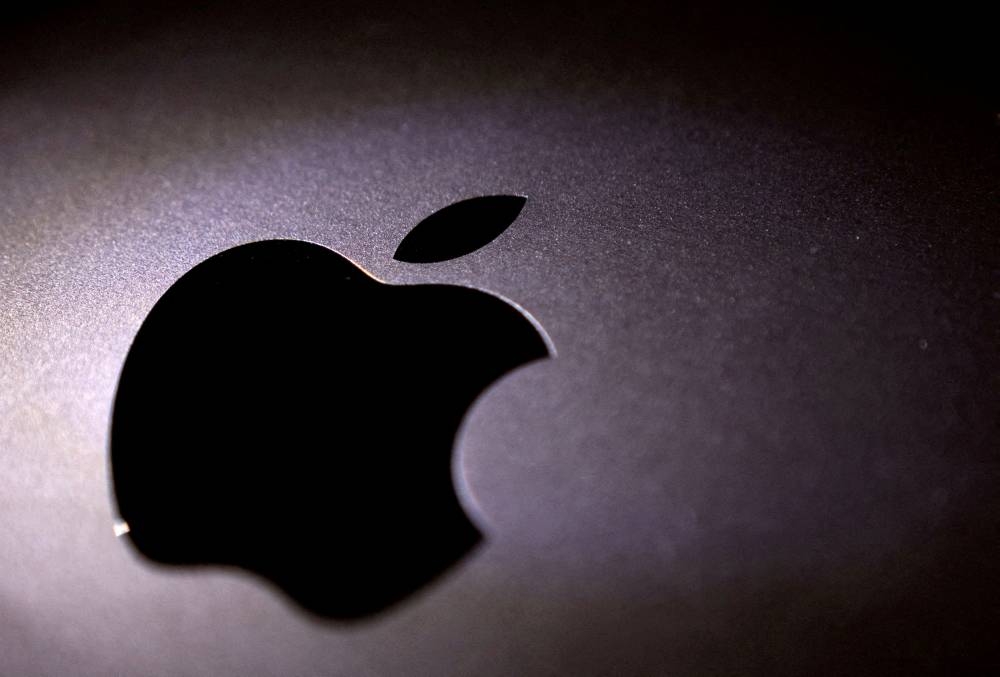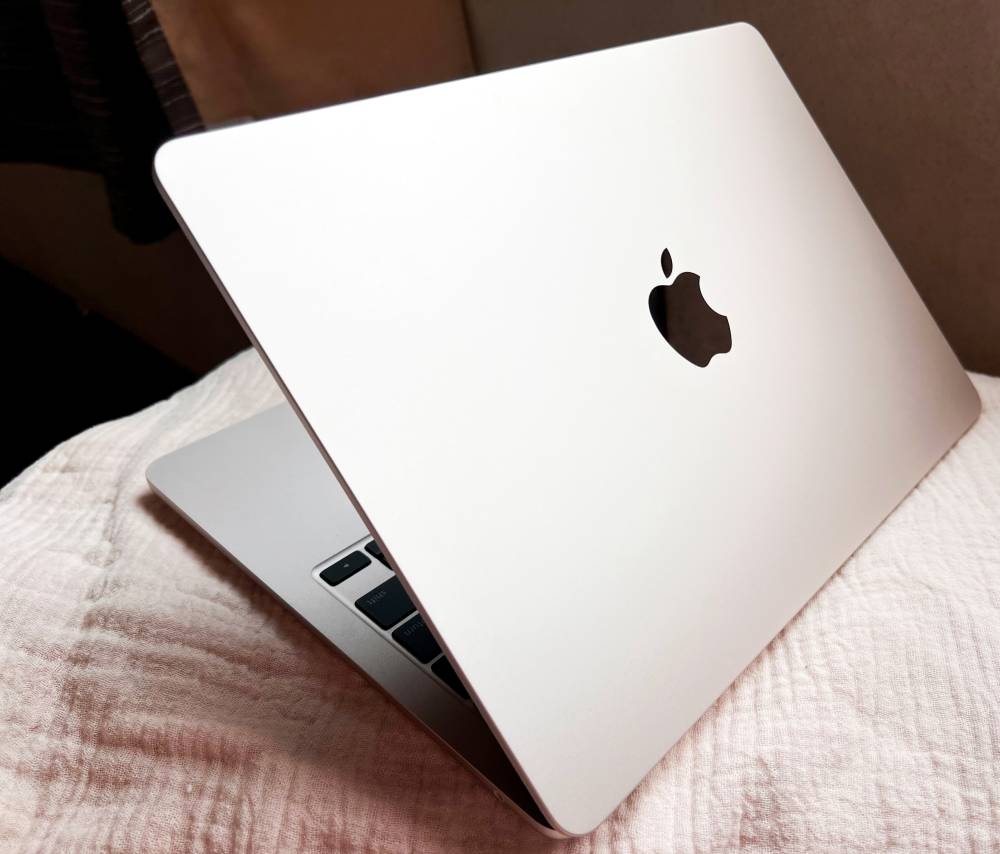KUALA LUMPUR, July 21 — The intersection of tech and healthcare is an exciting one. Perhaps we are not yet in the era of tricorders or all-encompassing bio scans but a field marked by its quicksilver speed advancement pairs well with a sector where new developments are literally lifesaving.
Apple recently shared a 59-page report detailing not just what it's done so far with health-centred features but how the company itself is working with medical and research professionals to advance healthcare knowledge.
A truckload of features
It can't be denied that long before Apple decided to make inroads into health devices that other companies had marketed wearables and still continue to do so.
However, Apple has decided to highlight itself as more than just a step tracker or stride tracker. Instead Apple, as stated in the report, sees itself as an "intelligent guardian for users' health."
It would be easy to be cynical about that self-claim if it wasn't for the myriad of stories where devoted Apple users said their Apple Watch "saved my life."
In the report, Apple reaffirms its dedication to make its Health app truly a one-stop spot for all a user's health data tracking.
It has also, in a surprising move, uncoupled its Fitness tracker functionality from its Apple Watch, making it available for anyone with an iPhone.
This is not new in the industry as even Google and Fitbit have made their fitness tracking apps able to record fitness data such as steps walked from phones and not require a dedicated tracking device.
How Apple has set itself apart is in the breadth of data on its Health app that, from the looks of it, will continue to expand.
For instance, sleep tracking will formally be added to Apple's health market tracking in the new software updates.
The report is also useful in demonstrating the progress of Apple's featureset over the years.
From simple heart rate tracking in 2015, the Apple Watch now is able to take simple ECG readings as well as alert users to irregularities in their heartbeat.
Research partners
Apple has also been particularly forward in the research space, in the last few years partnering with medical professionals for not one but two studies in heart health.
It also spearheaded a large study on women's health, one that is particularly needed considering how underfunded that area is currently.
Interestingly, Apple now has an Investigator Support Program that facilitates researchers using Apple Watch in their studies.
Besides heart studies, the program has also been integrated into research involving mobility, activity and other health areas.
What sets Apple apart in this particular area is that users also get a say on their data, if provided via the Research app.
Users can see just what is being shared and are given control over what they share and toggle their participation, opting out whenever they feel like it.
Besides collaboration, Apple also created an open-source app development framework that made data collection easier as well as helping researchers more easily access target groups.
Some other research projects highlighted that are using ResearchKit include the following:
- Mom Genes Fight Post-partum Depression at the University of North Carolina that looks for genetic markers on post-partum depression
- Mount Sinai Warrior Watch Study to see how the current pandemic affects healthcare workers psychologically
- Duke University's Autism & Beyond study on understanding and identifying the risks for development in young children
A 'State of the Union'
Why does this report exist, really? I think it's a credible answer to people who are quick to dismiss Apple's involvement in the health space.
Personally I've known doctors who, without even reading studies or news articles, declared the Apple Watch gimmicky.
The report gives a good summary of where Apple is, where it's headed and the sheer breadth of its involvement in the health space.
To be so visible in both the consumer and medical professional healthcare spaces is not an easy feat and from the likes of it, even Google the data behemoth, has a lot of catching up to do.
The full report can be accessed here.






















